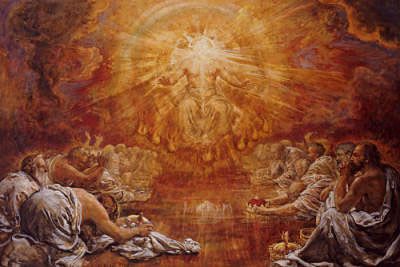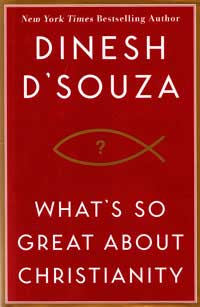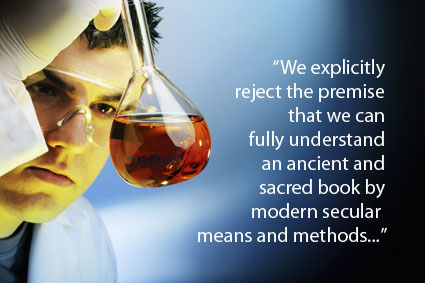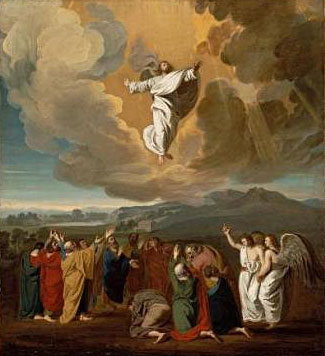Family as Torn Veil
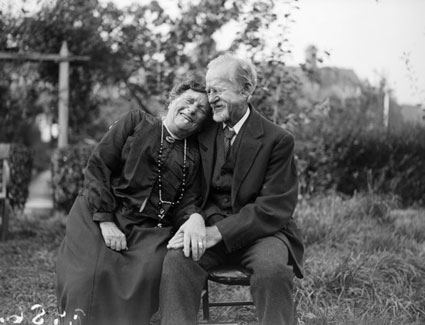
Alexander Schmemann writes:
“O Lord our God, crown them with glory and honour!” says the priest after he has put the crowns on the heads of the bridal pair. This is, first the glory and honour of man as king of creation: “Be fruitful and multiply and replenish the earth, and subdue and have dominion…” (Gn. 1:25). Each family is indeed a kingdom, a little church, and therefore a sacrament of and a way to the Kingdom. Somewhere, even if it is only in a single room, every man at some point in his life has his own small kingdom. It may be hell, and a place of betrayal, or it may not. Behind each window there is a little world going on. How evident this becomes when one is riding on a train at night and passing innumerable lighted windows: behind each one of them the fullness of life is a “given possibility,” a promise, a vision. This is what the marriage crowns express: that here is the beginning of a small kingdom which can be something like the true Kingdom. The chance will be lost, perhaps even in one night; but at this moment it is still an open possibility. Continue reading

